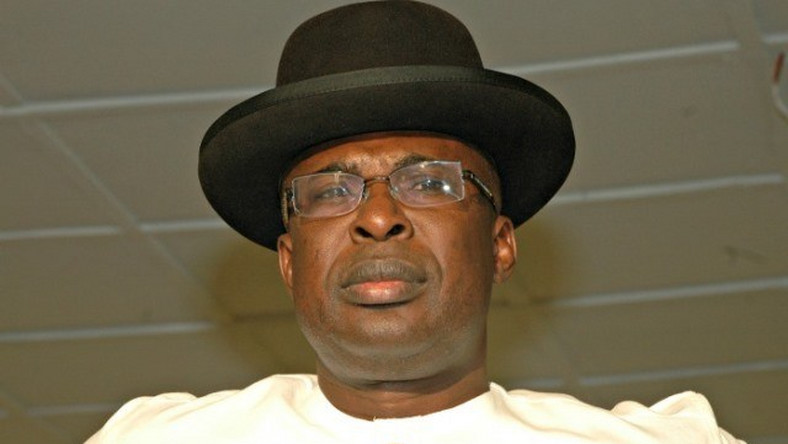The Federal Government says it can no longer bear the burden of petrol subsidy. The Minister of State for Petroleum Resources, Timipre Sylva, said this in a statement on Thursday.
He said the government had realised that it was unrealistic to continue with the burden of subsidising petrol to the tune of trillions of naira annually. The minister said the subsidy was largely benefiting the rich. He also said the government did not promise to keep the pump price of petrol permanently low.
“After a thorough examination of the economics of subsidising PMS for domestic consumption, the Federal Government concluded that it was unrealistic to continue with the burden of subsidising PMS to the tune of trillions of naira every year, more so when this subsidy was benefiting in large part the rich, rather than the poor and ordinary Nigerians,” the minister said.
Read Also: Supreme Court Ruling: Timipre Sylva Breaks Silence
He said deregulation meant that the government would no longer continue to be the main supplier of petroleum products, but would encourage the private sector to take over the role of supplying the products across the country.
According to him, market forces will henceforth determine the prices at the pump. This, he said, is in line with global best practices where the government will continue to play its traditional role of regulation to ensure that the commodity is not priced arbitrarily by private sector suppliers.
He explained that the regulatory function in the oil sector is like the role played by the Central Bank of Nigeria in the banking sector, “ensuring that commercial banks do not charge arbitrary interest rates”.
The minister said petroleum products were refined from crude oil and therefore the price of crude (the feedstock) for the refining process would affect the price of the refined product.
“When crude oil prices were down, government, through its regulatory functions, ensured that the benefits of lower crude oil prices were enjoyed by Nigerians by ensuring that PMS was lowered. At that time, we indicated that an increase in crude oil prices will also reflect at the pump”, he added.
He said one of the reasons the country had been unable to attract the level of investments desired into the refining sector had been the burden of fuel subsidy.
AFRICA TODAY NEWS, NEW YORK
